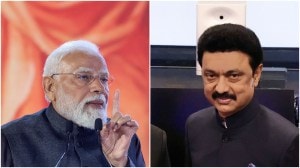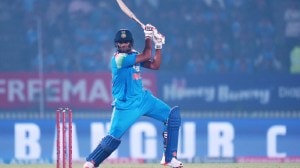Random tests
Is the BCCI picking the wrong fight with resistance to an anti-doping clause?
Indian cricket is becoming reflexively disposed towards standoffs. And the more weighty the powers gathered against it,the more inspired tend to be the BCCIs statements of principle. So,now that BCCI President Shashank Manohar is invoking the Indian Constitution to shield his players from a clause in the global anti-doping protocol,sport has got itself a brand new controversy. The BCCI was setting up its defiance of the World Anti-Doping Agencys code,which ICC had signed on to in 2006. By this code,sportspersons have to submit a quarterly update,saying where they may be found for a particular hour each day for the next three months,and therefore be available to a surprise dope test by WADA. On Sunday,the BCCI stood by its cricketers reservations on adhering to this whereabouts clause,citing issues of security and privacy.
Is the BCCI picking a fight where none need exist? Unless the board can come up with more compelling reasons,it would seem so. The board has come up with its own solution: that WADA hush the whereabouts clause for its cricketers all other cricketing nations have signed up to the extent that it would commit to producing any cricketer for a dope test within 48 hours of WADAs summons. The merits of the argument would be more convincing,however,if the BCCI could make a case for this exceptionalism. After all,cricket is asserting its candidature for inclusion as an Olympic sport. In fact,it will find a place at the 2010 Asian Games. Cricket must commit itself to a protocol to keep itself dope-free under any circumstance. But at a time when it is stepping outside its historically separate universe,its administrators must ask whether differences in protocol are sustainable. For example,every Olympic sport is not afflicted by the possibility of performance-enhancing substances to the same extent,but they all submit to the same standards of testing and monitoring.
The BCCI may yet have its way. But the question before the board will remain a larger one: when it is leading,with the IPL,innovations in abbreviating the game and making it more tenable in the shorter competition schedules of other sports,is it in Indian crickets interest to resist the wider protocols of sport?
- 01
- 02
- 03
- 04
- 05































